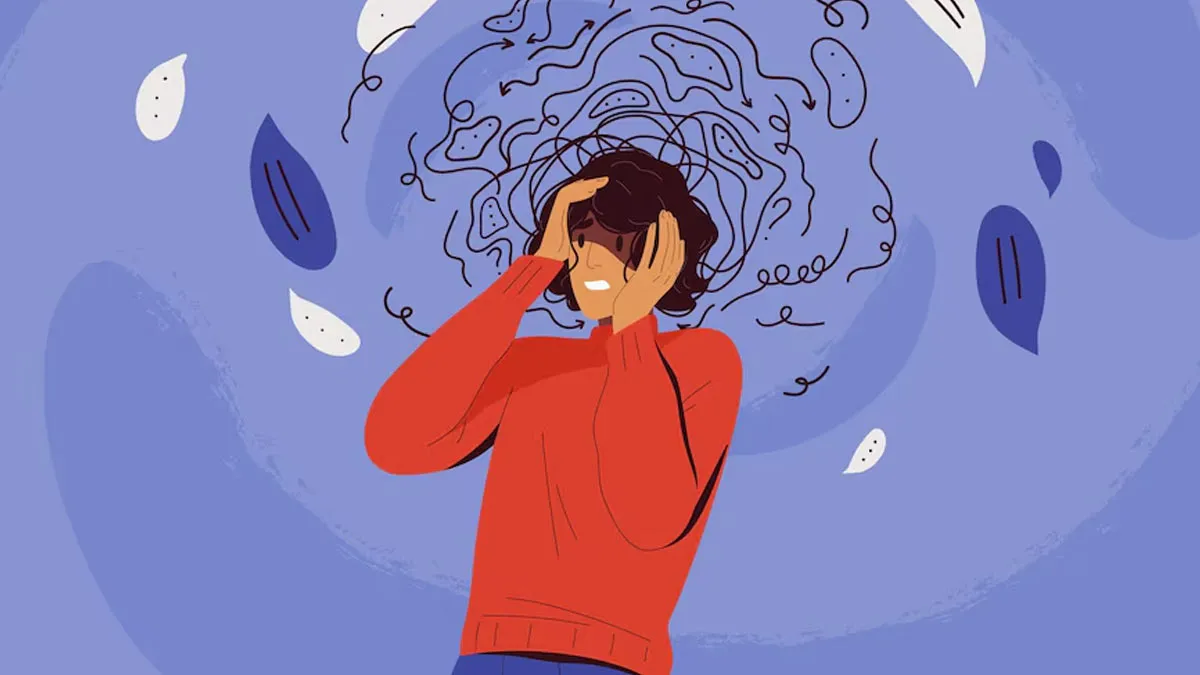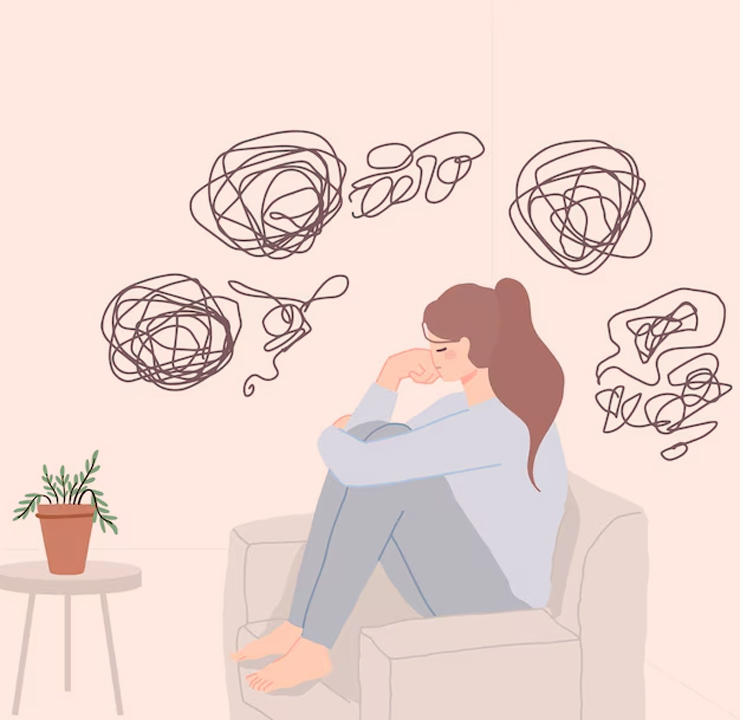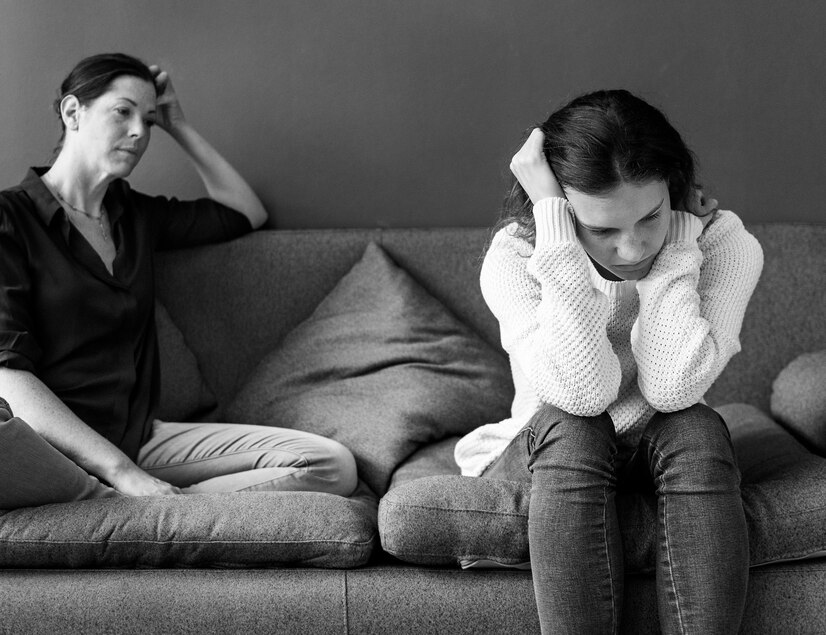
Relationship issues and anxiety have become the leading concerns among individuals aged 26 to 40 in Delhi, according to a recent study. Conducted by Mpower, a mental wellness initiative under the Aditya Birla Education Trust, the study is based on over 1,08,779 calls and offers valuable insights into the mental health challenges faced by people across India.
In Delhi, relationship issues were the primary reason for seeking mental health support, accounting for 27% of all callers, closely followed by anxiety at 26%. This highlights the significant impact of personal relationships and stress on the mental well-being of Delhi’s residents in this age group.
To understand why these issues are becoming so common, we reached out to Dr Gorav Gupta, Senior Psychiatrist and Founder of Tulasi Healthcare, New Delhi, who shared his insights on the matter.
The growing prevalence of anxiety and relationship-related stress among individuals aged 26-40 in Delhi can be largely attributed to the pressures of modern urban living and societal changes. According to Dr Gupta, factors such as demanding work schedules, financial stress, and social isolation are major contributors to this issue. “In the fast-paced environment of Delhi, long working hours, overcrowded commutes, and high living expenses only amplify the mental health struggles faced by individuals,” he said.

Social media and digital overload also play a significant role in escalating stress levels. The constant barrage of idealised images online creates unrealistic expectations and deepens feelings of inadequacy, while reducing the quality of real-life relationships.
Don't Miss: Relationship Recession: Why More People Are Staying Single And What Experts Predict About What’s Next
With the rise of nuclear families, migration for better job prospects, and shifting societal norms, interpersonal friction has become more common. In a city like Delhi, where many young professionals are caught between career ambitions and personal commitments, conflicts are on the rise.
Dr Gupta said, “Limited time for self-care, sleep deprivation, and unhealthy lifestyle choices increase these issues. These stressors make individuals more vulnerable to mental health challenges, highlighting the urgent need for a holistic approach to mental well-being in today's urban society.”
According to Dr Gupta, addressing anxiety and relationship-related stress requires a comprehensive and multi-faceted approach. Open and honest communication within relationships is key to preventing misunderstandings and promoting mutual support. He said, “The importance of stress management techniques such as mindfulness, meditation, and regular physical exercise, can be incredibly effective in alleviating anxiety and improving overall mental health.”

Building and maintaining strong social connections is another vital aspect of coping with urban stress. Seeking emotional support from friends, family, or therapists can provide the necessary outlet for processing feelings and reducing mental strain. Dr Gupta said, “Strengthening emotional resilience is crucial in navigating the complexities of urban living. Reframing negative thoughts, practising gratitude, and focusing on personal strengths can help individuals approach challenges with a healthier mindset.”
Don't Miss: Closeted Narcissist: How to Recognise And 3 Tips To Handle Them Effectively, As Per Counselling Psychologist
In relationships, Dr Gupta advises couples to engage in shared activities, celebrate milestones, and consider couples therapy to nurture and strengthen their bond. Time management skills, including prioritising important tasks and carving out personal ‘me time,’ are essential for maintaining balance and avoiding burnout.
When stress becomes overwhelming, professional support can make a significant difference. Therapy, counselling, and Employee Assistance Programmes (EAPs) can offer targeted help for anxiety and relationship issues. Dr Gupta also recommends regular digital detoxes and setting clear boundaries for screen time, which can alleviate the mental strain caused by constant digital connectivity.
Ultimately, overcoming the mental health challenges associated with urban life requires a proactive and holistic approach. Awareness of these issues, the implementation of effective coping strategies, and access to the right resources can help individuals achieve better mental well-being and maintain healthier relationships amidst the pressures of modern living.
Keep reading Herzindagi for more such stories.
Credits: Free
Also watch this video
Herzindagi video
Our aim is to provide accurate, safe and expert verified information through our articles and social media handles. The remedies, advice and tips mentioned here are for general information only. Please consult your expert before trying any kind of health, beauty, life hacks or astrology related tips. For any feedback or complaint, contact us at compliant_gro@jagrannewmedia.com.